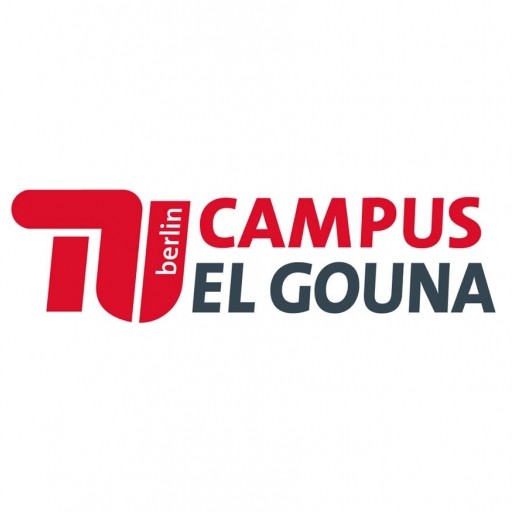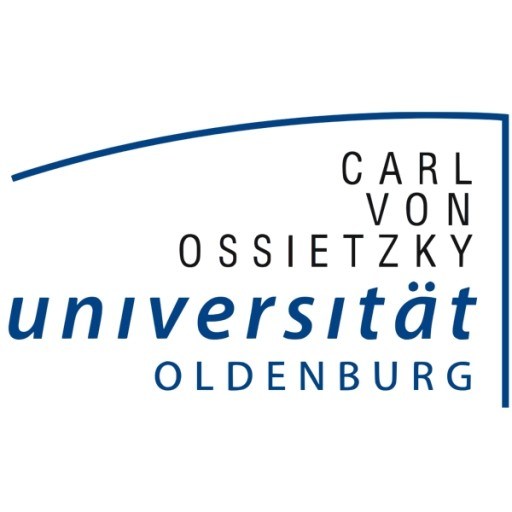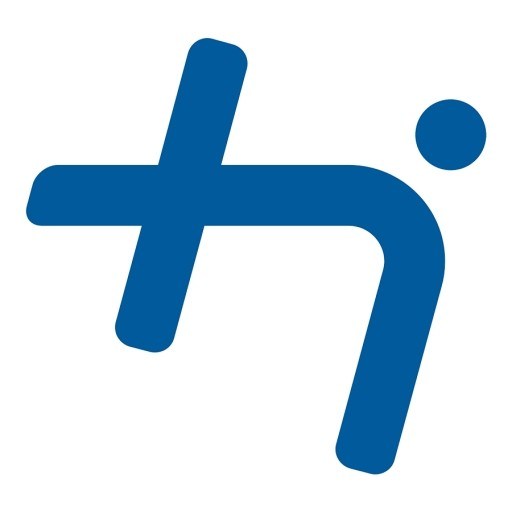Photos of university / #tu.muenchen
The Bachelor's degree program in Physics (Applied and Engineering Physics) at the Technical University of Munich offers students a comprehensive education in the fundamental principles of physics, combined with practical engineering applications. This program is designed for students who are interested in understanding the physical laws that govern the universe while also gaining hands-on experience in developing technological solutions. The curriculum covers core areas such as classical mechanics, electromagnetism, quantum physics, thermodynamics, and materials science, providing a solid theoretical foundation. In addition to these fundamentals, students engage extensively in laboratory work, projects, and research activities that focus on applied physics topics including optoelectronics, nanotechnology, and medical physics. The program emphasizes the development of critical thinking, problem-solving skills, and technical proficiency, preparing graduates for careers in research, industry, and academia. Students benefit from state-of-the-art laboratories and close collaboration with industry partners, enabling them to work on real-world challenges. The program also offers opportunities for specialization in areas such as photonics, semiconductor physics, or biomedical physics, depending on their interests and career goals. Throughout their studies, students are encouraged to participate in internships, international exchange programs, and thesis projects that enhance their practical experience and global perspective. The goal of the program is to cultivate highly skilled physics graduates who can contribute innovative solutions to technological and scientific problems, and who are prepared for the dynamic and interdisciplinary nature of modern applied physics fields. With a rigorous academic environment and a focus on practical skills, the Bachelor's in Physics (Applied and Engineering Physics) at TUM aims to shape the next generation of physicists and engineers capable of advancing technological innovation.
Educational organisation
The MSCE programme is a two-year programme divided into four semesters, including three course semesters, a nine-week research internship and a six-month Master's thesis. MSCE offers two core modules on communications systems and communications electronics.Study abroad unit(s)
The MSCE programme does not foresee any study abroad units. During the summer semester, we invite renowned and highly reputed international guest professors to hold advanced courses in their respective fields of research: John G Proakis, (Northeastern Univ.), Stephen B Wicker, (Cornell Univ.), Ruey-Wen Liu (Univ. Notre Dame), Rozenblit Jerzy (Univ. of Arizona), Daniel J Costello (Univ. Notre Dame), Thomas Kailath (Stanford Univ.), Patrick Dewilde (TU-Delft), Ezio Biglieri (Politecnico di Torino), Alex Gershman (McMaster Univ.), Raymond Yeung Wai-Ho (Chinese Univ. Hong Kong), Max Costa (Univ. Campinas), Wayne D Grover (Univ. Alberta), Paolo Ienne (EPFL Lausanne), Michael Honig (Northwestern Univ.), Yih-Fang Huang (Univ. Notre Dame), David M Binkley (Univ. North Carolina), Anthony Ephremides (Univ. Maryland), Subhasis Chaudhuri (IIT Bombay), Radu Marculescu (Carnegie Mellon Univ.), Pierre Moulin & Andrew C Singer (Univ. of Illinois at Urbana-Champaign), Muriel Médard & Dina Katabi (MIT), Ralf R Müller (Norwegian Univ. of Science & Technology), Günham Dündar (Bogazici Univ.), Chang Wen Chen (Univ. at Buffalo), Lee Swindlehurst (UC Irvine) and Preeti Ranjan Panda (IIT Delhi).Internships
The MSCE programme foresees a nine-week research internship during the semester break between the second and third semester. The Technische Universität München offers you not only advanced and up-to-date training but also its long tradition of scientific partnerships and cooperation with industry. Most of our teaching staff have years of experience working in high-tech companies. Their valuable industrial experience and connections are a further asset, in addition to their excellent international reputation in their respective fields of research.Forms of assessment
In general, the exams for each course take place at the end of the semester and at the beginning of the subsequent semester break, leaving enough room for an internship or language course during the semester break. In addition, many of the courses offer mid-term exams and project work for additional credit to help you evaluate your progress.Course objectives
The Master of Science in Communications Engineering (MSCE) programme at the Technische Universität München (TUM) provides you with a solid background in the theory and the fundamental concepts of communications engineering. It gives you insights into current trends and developments, and ample opportunities for practical experience. The international graduate programme was established in 1998. It is considered one of the most successful of its kind in Germany. Upon completion of the MSCE programme, students are awarded an MSc in Communications Engineering, opening up the possibility of further work towards a Dr-Ing or PhD.Language requirements
Applicants must provide proof of a good command of the English language:TOEFL 88/605 (internet-/paper-based test), IELTS 6.5, CAE or CPE Level A, B, C.
Academic requirements
Bachelor's or equivalent degree in electrical or electronics engineering, information technology, computer science or a closely related fieldOutstanding performance during undergraduate studies
Enrolment fees
Approx. 115 EUR per semester, the fee includes a basic semester ticket covering public transport in Munich.Costs of living
The cost of living in Munich is high. Students need approx. 830 EUR per month including accommodation. We cannot support our students with their accommodation and living costs. Additional grants and scholarships covering part of living or travel expenses may be obtainable from the German Academic Exchange Service (DAAD) and similar organisations.Job opportunities
In addition to the paid nine-week research internship, students are allowed to work part-time for a company or one of the institutes. There is ample opportunity to help finance your living expenses and tuition fees.Funding opportunities within the university
Selected students are awarded study grants for foreign students by the TUM. Scholarship amount: one-time financial aid of 500 EUR to 1,500 EUR per semesterhttp://www.tum.de/en/studies/fees-and-financial-aid/scholarships/scholarship-database/
Arrival support
The MSCE student association offers arrival support including airport pick-up, orientation help, help with the registration process, organisation of insurance, residence permit, etc.TUM's International Center offers a special programme tailored for international students, TUMinternational (TUMi). The TUMi programme provides help and advice for new students as well as a cultural programme with events scheduled both prior to and during the academic periods.
The service desk of the Student Service Center is the first contact point for international students. We are here to help you with issues such as applications, enrolment, student cards etc. Furthermore, we offer various three- to six-week summer schools combining academics with a rich menu of educational and social activities as a foretaste of university life. For international students who have been admitted to a degree programme, the Student Service Center offers a four-week pre-study course designed to help you get started at the TUM. Students new to TUM are invited to the service fair "Fit for TUM" which takes place before the semester officially starts, to get an overview of the various offerings of support services at TUM. http://www.tum.de/en/studies/international-students/
Services and support for international students
The MSCE student association and TUMinternational - a group of committed German and international students - offer many cultural and social events, such as excursions, visits to museums, movie theatres, hikes, sports events and parties.Learning German: While the language of instruction for many of TUM's postgraduate programmes is English, learning German and thus being able to participate in daily German life at a deeper level enriches the experience of studying and living in Munich. As such, TUM's Language Centre offers language classes for students at all levels, both prior to and during the semester: http://www.sprachenzentrum.tum.de/en/startseite/
Accommodation
It is not easy to find a place to live in Munich - but it is not impossible either! TUM supports students and employees in their search for accommodation, providing personal advice, in-house listings and useful information to ensure that you can quickly find a place to call your own: http://www.tum.de/en/university-life/accommodations/With high rents and not enough rooms in halls of residence, the Munich rental market is one of the most competitive in Germany - especially for students. The city boasts over 1.4 million inhabitants, with more people moving to Munich every year - many of them attracted by the excellent study opportunities that Munich has to offer.
Student halls of residence usually offer affordable accommodation for students. The Munich Student Union runs most of these halls of residence - more information at http://www.studentenwerk-muenchen.de/en/accommodation/










